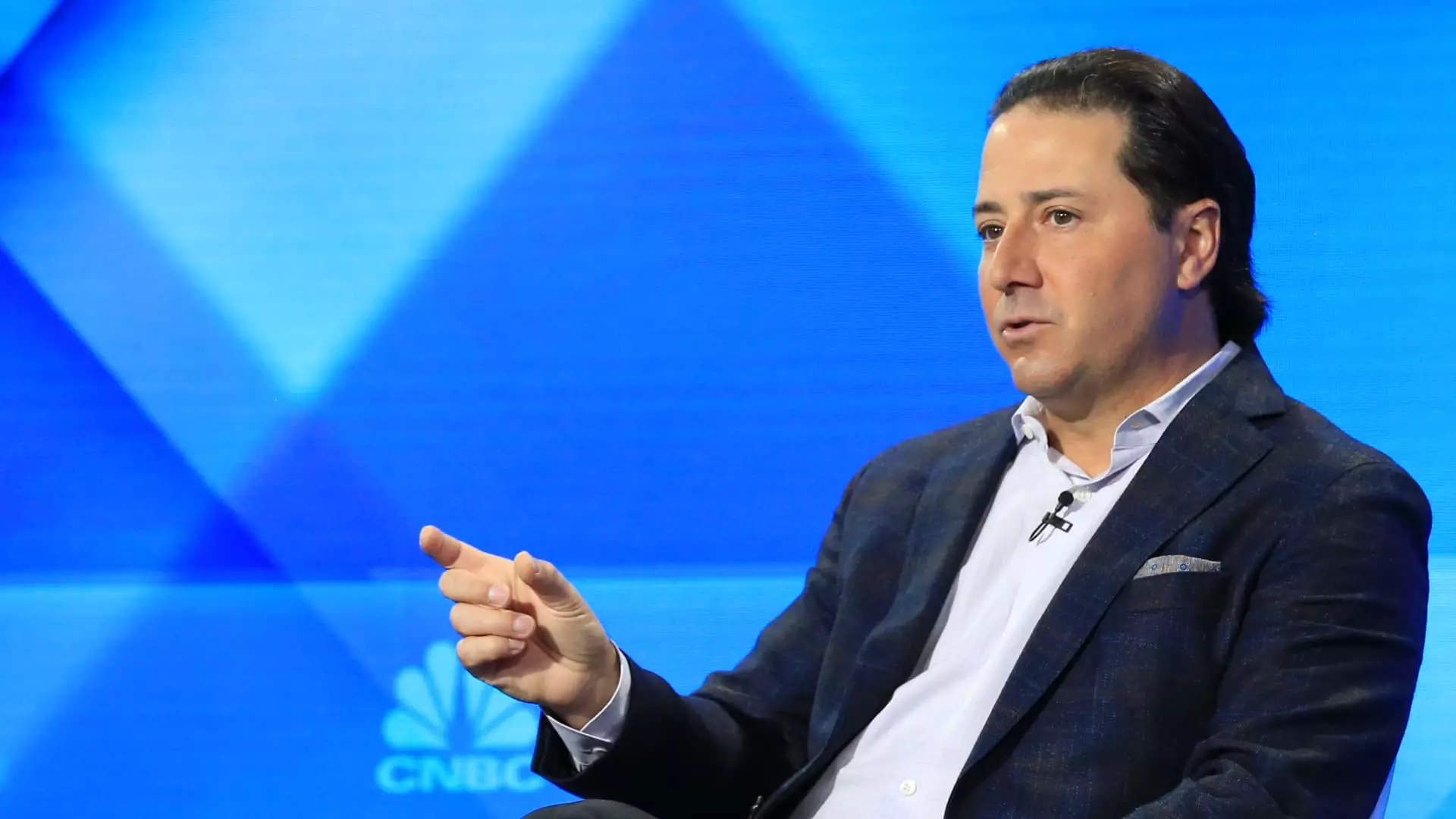The rise of private credit has been a topic of concern lately, with many questioning how the industry will fare in the face of a significant downturn. The lack of experience in handling large-scale crises has raised alarm bells among critics. The industry’s ability to weather a financial storm remains in question, especially in comparison to traditional banking institutions.
Jamie Dimon’s Warning
During JPMorgan’s Investor Day, Chairman and CEO Jamie Dimon expressed skepticism about the private credit industry’s resilience. He highlighted the potential risks for borrowers during a crisis, pointing out that banks are more likely to work with borrowers to navigate challenging times. In contrast, private credit firms may face difficulties due to their mark-to-market practices and fiduciary responsibilities. Dimon’s warning serves as a cautionary tale for the industry moving forward.
In response to Dimon’s comments, Ares Management CEO Michael Arougheti defended the private credit sector’s track record. Citing a low loss rate and years of experience in the market, Ares Management rebuffed concerns about the industry’s ability to withstand economic challenges. Arougheti emphasized that a loan is a loan regardless of its origin, highlighting the industry’s stability and reliability.
The Impact on Systemic Risk
Ares Management’s Executive Chairman, Tony Ressler, argued that the growth of private credit could actually reduce systemic risk. By shifting assets to companies with low leverage and stable financing structures, the industry aims to promote financial stability. Ressler’s remarks underscore the role of private credit in diversifying the financial landscape and mitigating potential risks.
A recent report by the Federal Reserve examined default rates in private credit and compared them to traditional bank loans. The analysis revealed that private credit loans have lower recovery rates upon default, suggesting higher risk compared to syndicated loans or high-yield bonds. The data raises questions about the industry’s resilience in the event of a downturn and emphasizes the need for careful risk management strategies.
The Interconnectedness of Private Credit
As private credit continues to grow, its ties to the traditional banking sector become increasingly intertwined. JPMorgan’s role as a major financier of private credit portfolios highlights the close relationship between the two sectors. The development of co-lending programs and increased capital deployment further solidify the bond between private credit and traditional banking. The potential ramifications of a downturn in the economy loom large for both sectors.
The private credit industry faces significant challenges in preparing for a potential economic downturn. While some assert its stability and resilience, others remain skeptical of its ability to weather a financial storm. With increasing interconnectedness with traditional banking and a lack of experience in handling crises, the industry must prioritize risk management and strategic planning to navigate uncertain times ahead.


Leave a Reply